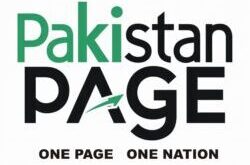Shedding Light on the Crisis: SDPI Panel Discusses Soaring Energy Prices
Islamabad: In a nation beset by skyrocketing energy costs, a beacon of hope flickers. The Sustainable Development Policy Institute (SDPI) convened a panel discussion, “Pakistan’s Electricity Tariff Structure: Insights and Key Determinants,” to tackle the crisis head-on. Experts converged to dissect the intricacies of the energy landscape, seeking solutions to the 38% increase in energy prices and 62% rise in capacity charges.

Dr. Khalid Waleed illuminated the consumer categories and tariff-setting mechanisms, revealing a residential consumer base that dominates 89% of the market, contrary to global trends. The high electricity bills, he explained, stem from capacity charges exceeding generation costs, coupled with taxes and an 18% General Sales Tax.
Dr. Musarat Jabeen championed the independent power consumer model, advocating for solar energy initiatives and self-generated power. Engr. Ahad Nazir presented three models to address the crisis: cost-reflective tariffs, subsidy-targeted tariffs, and decentralized tariff settings. Engr. Ubaid ur Rehman Zia emphasized the regressive nature of tariffs, disproportionately affecting smaller consumers, while Zainab Babar stressed the need for long-term planning and strategic vision to revamp policies.
As the discussion unfolded, a consensus emerged: the status quo is unsustainable. Pakistan must embrace innovative solutions, regional tariffs, and renewable energy transitions to mitigate the crisis. The path forward demands a delicate balance between honoring contracts, exploring options, and prioritizing the nation’s economic stability. Will the nation rise to the challenge, or will the power paradox persist? Only time will tell.

